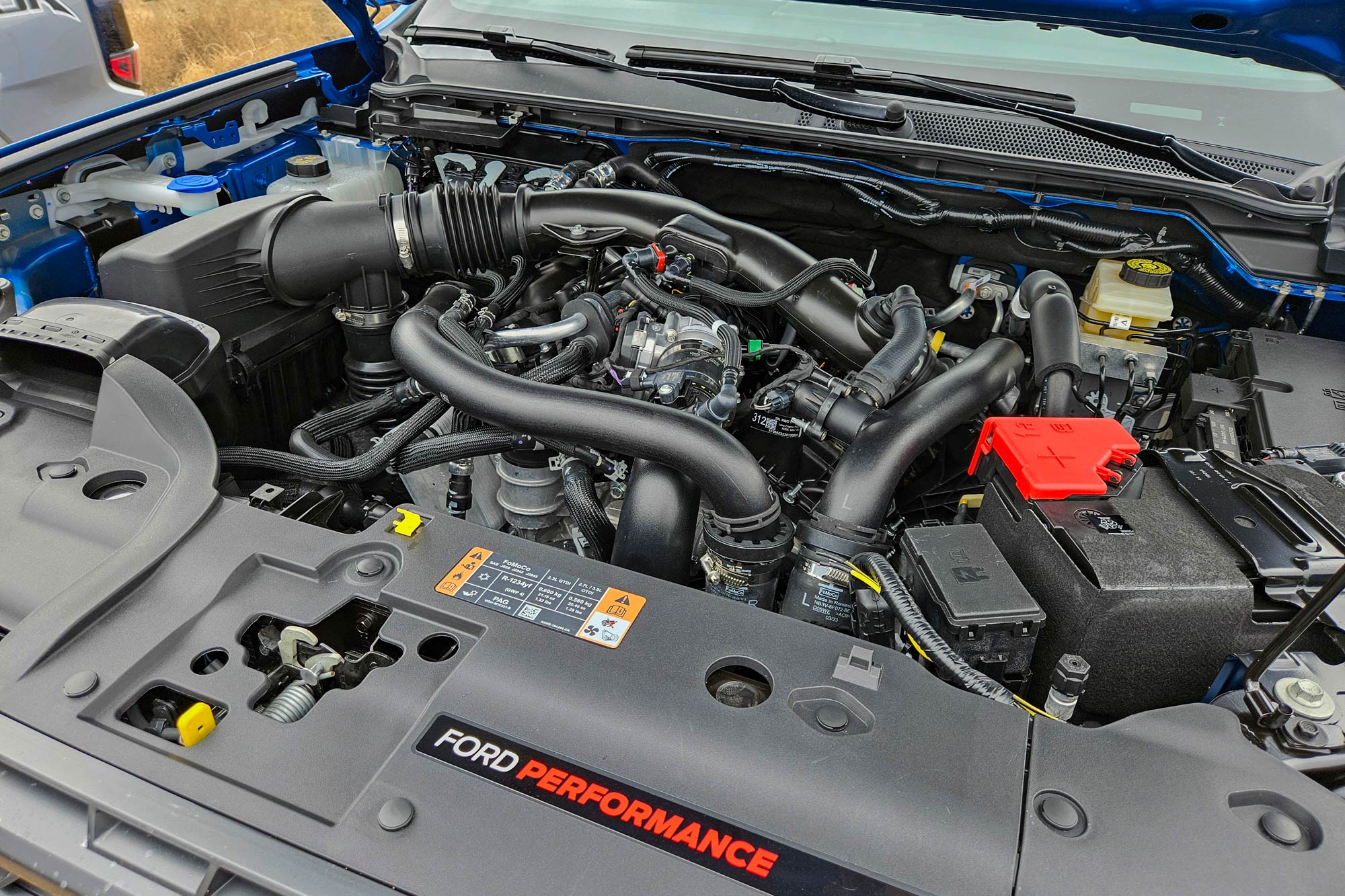Everything You Need to Know About the 2.2 Ford Ranger Engine and Its Performance
Everything You Need to Know About the 2.2 Ford Ranger Engine and Its Performance
Blog Article
What Makes an Automobile Engine Run Smoothly: Leading Tips for Optimum Treatment
The smooth procedure of a cars and truck engine is essential to both performance and long life, making ideal care a crucial responsibility for lorry owners. What specific actions should you prioritize to ensure your engine continues to be in peak problem?
Routine Oil Modifications
One of the most important facets of car maintenance is ensuring your engine receives regular oil changes. Engine oil lubricates inner components, decreases rubbing, and helps preserve ideal operating temperatures. Gradually, oil deteriorates due to warmth, contaminants, and the all-natural results of combustion, leading to minimized efficiency and potential engine damage.
Most producers recommend altering the oil every 5,000 to 7,500 miles, but this period can differ based on driving problems and oil type. Synthetic oils may allow for longer intervals in between adjustments. Normal oil changes not only boost engine performance yet also improve fuel effectiveness, as clean oil advertises smoother operation.
Disregarding oil modifications can result in sludge accumulation, which harms circulation and can bring about serious engine concerns. It is essential to check oil degrees on a regular basis and keep an eye on for any unusual adjustments in color or uniformity, which might show contamination or deterioration.

Maintaining Coolant Degrees
Preserving proper coolant levels is essential for stopping engine overheating and making sure ideal performance. The coolant, typically a blend of water and antifreeze, flows via the engine, taking in warm and preventing thermal anxiety. Insufficient coolant can result in enhanced engine temperature levels, which might cause severe damage and even overall engine failing.
To keep optimal coolant levels, consistently check the coolant tank, normally situated in the engine bay. Ensure the coolant is filled to the advised mark, as suggested in your vehicle's owner guidebook. It is advisable to check the degrees at the very least as soon as a month or in the past long journeys, especially during severe weather.
If you see that the coolant level is constantly reduced, there may be a leak in the cooling system, which should be attended to without delay to stop more problems. 2.2 ford ranger engine. In addition, flushing the coolant system every 2 to 3 years can help remove any kind of gathered debris and make sure effective warmth exchange
Checking Air Filters

It is advised to examine the air filter every 12,000 to 15,000 miles, website here or more regularly if driving in messy or unfavorable conditions. A straightforward visual inspection can usually expose whether the filter is dirty or damaged. It ought to be changed quickly. if the filter appears blemished or has visible dust accumulation.
Utilizing a top notch air filter made for your certain lorry model can further boost engine efficiency. In addition, some lorries may gain from multiple-use filters that can be cleaned up and re-installed, providing a ecologically friendly and cost-effective choice.
Inspecting Flicker Plugs
Ignition system are important parts of a lorry's ignition system, directly impacting engine efficiency and performance. They create the stimulate that ignites the air-fuel mixture in the combustion chamber, promoting the engine's power generation. Routine evaluation of ignition system is crucial for preserving optimal engine function and preventing possible issues.
Dark soot or oil down payments can indicate improper combustion, while a blistered or white look might recommend overheating. Both problems require prompt interest to stop more engine damages.
It's suggested to evaluate ignition system every 30,000 miles, or as recommended in your automobile's proprietor manual. Furthermore, take into consideration replacing them according to the manufacturer's guidelines, as old or worn ignition system can cause misfires, reduced gas efficiency, and raised exhausts.
Monitoring Tire Pressure
Under-inflated tires can lead to reduced gas efficiency, raised tire wear, and compromised handling. Regular surveillance of tire pressure is vital for ideal vehicle operation.
Tire stress ought to be inspected a minimum of as soon as a month and soon trips. Utilize a trusted tire stress gauge to determine the pressure when the tires are cool, ideally prior to the navigate to these guys car has been driven for at the very least 3 hours. Describe the lorry's owner guidebook or the placard situated on the driver's side door jamb for the maker's advised pressure levels.
It is very important to keep in mind that tire stress can vary with changes in temperature; a decline of 10 ° F can cause a 1-2 psi reduction in stress. In addition, visually inspect tires for any kind of indications of wear or damages throughout your surveillance routine. Preserving appropriate tire stress not just enhances automobile safety and security but likewise enhances fuel performance and lengthens tire life, ultimately adding to a smoother engine efficiency.
Final Thought
To conclude, keeping an auto engine's smooth operation needs attentive attention to numerous vital aspects. Routine oil adjustments, proper coolant levels, tidy air filters, well-maintained ignition system, and optimum tire stress collectively add to enhanced efficiency and longevity. Following these maintenance practices not just improves fuel effectiveness but additionally index advertises a much safer driving experience. Eventually, a proactive strategy to engine care is important for guaranteeing reliability and performance gradually. 2.2 ford ranger engine.
One of the most important elements of auto maintenance is guaranteeing your engine receives routine oil modifications. Engine oil lubes interior parts, lowers rubbing, and aids preserve optimum operating temperature levels. Normal oil changes not only boost engine efficiency but also enhance gas effectiveness, as clean oil advertises smoother operation.
Not enough coolant can lead to enhanced engine temperature levels, which might create extreme damage or also total engine failure.

Report this page